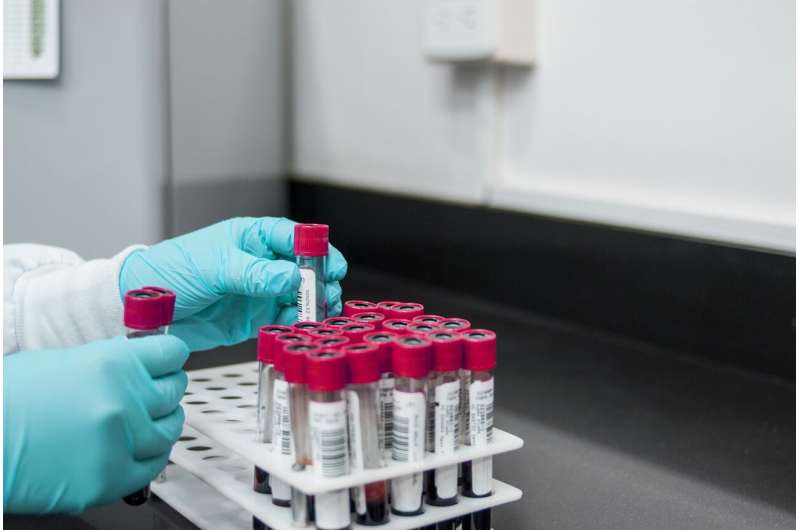Smartphones Enhance Accuracy of Medical Devices Across Different Skin Tones

A new study reveals how smartphone cameras can be used to more accurately measure skin tones, aiding in reducing racial bias in pulse oximetry and enhancing patient care across diverse populations.
Recent advances in healthcare technology suggest that smartphones could play a vital role in improving the accuracy of medical devices used across diverse skin tones. A study conducted by researchers at Brown University and Morgan State University has demonstrated that smartphone cameras can be employed to objectively measure skin pigmentation, a critical factor influencing the performance of pulse oximeters. These devices, which monitor oxygen saturation levels, have traditionally been prone to overestimate oxygen levels in individuals with darker skin, due to their reliance on light absorption through pigmented skin. This discrepancy can lead to missed or delayed diagnoses, highlighting the necessity for more equitable diagnostic tools.
In the study, the team utilized smartphone cameras to capture color data from the skin at common pulse oximetry sites, such as the finger. An algorithm then calculated the individual typology angle (ITA), a standardized skin-tone metric, from these images. When compared to measurements from high-end laboratory colorimeters, the smartphone-based readings showed close alignment under controlled lighting conditions, especially when the camera flash and ambient lights were switched off, and the camera settings were fixed.
This approach underscores the potential for smartphones to serve as accessible, low-cost, and precise tools for skin-tone assessment in clinical settings. The researchers recommend simple procedures for consistent measurements, such as avoiding scars or tattoos, disabling automatic camera functions, and maintaining a steady distance from the skin.
While the current study involved a small sample of young adults outside clinical environments, it lays important groundwork for future validation in real-world settings. If further research confirms these initial findings, smartphone-based skin-tone measurement could significantly contribute to reducing racial bias in medical diagnostics, providing a step toward more accurate and equitable healthcare for all populations.
Source: https://medicalxpress.com/news/2025-06-smartphones-accuracy-medical-devices-skin.html
Stay Updated with Mia's Feed
Get the latest health & wellness insights delivered straight to your inbox.
Related Articles
Innovative Use of Commercial Dyes Promises Advances in Dementia Diagnosis
Researchers are exploring how repurposed industrial dyes can enhance dementia diagnosis by targeting specific brain protein clumps, promising earlier and more accurate detection of neurodegenerative diseases.
Genetic Circuit Insights Reveal How Cells Migrate in Aggressive Brain Cancer
New research uncovers how the YAP-TRIO genetic circuit drives cell migration in glioblastoma, offering potential targets for therapy and better prognosis tools.
Virtual Care Expansion During COVID-19 Did Not Improve Access to Specialists in Rural Canada
Research shows that virtual care expansion during the pandemic did not significantly increase access to specialist physicians for rural populations in Canada, highlighting systemic referral barriers and the need for targeted strategies.
Innovative Blood Test Identifies Glycan Marker Associated with Schizophrenia
A new blood test developed by Nagoya University offers a sensitive method to measure polysialic acid, a glycan linked to schizophrenia, opening new possibilities for non-invasive diagnosis and understanding of neuropsychiatric disorders.



